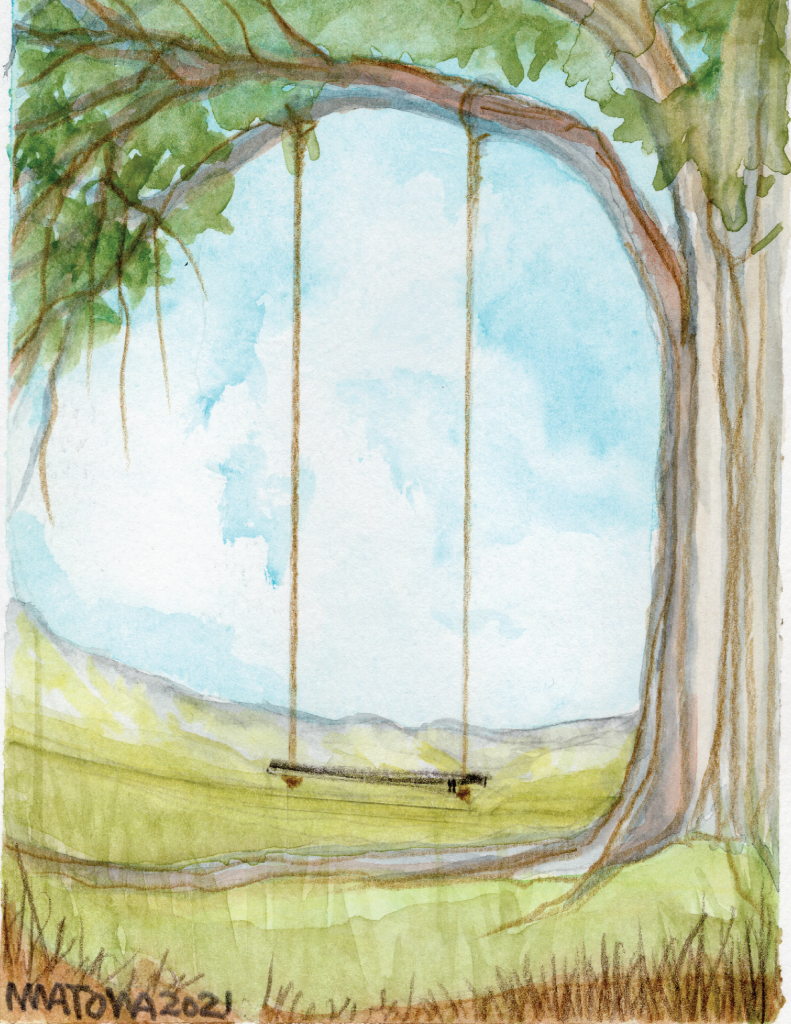7 Self-care and Intentionality
Dr. Jessica Lane and Dr. Rebeca Chow

Self-care is not self-indulgence, it is self-preservation
– Audre Lorde
Dr. Gaskill: Relationship to Mental Health
Our autonomic nervous system is consistently looking for context, choice, and connection in order to feel safe and regulated (Dana, 2020). As helpers we need to find ways to find regulation as we face the daily challenges that come with working with children and teens who have faced traumatic experiences. Self-care is paying attention to our emotional, physical, cognitive, and social needs, so that we can bring our whole selves to work- regulated, present and ready to connect with our school community. As you think about self-care, four levels of focus and well-being should be considered; private, personal, social, and professional. It is important to tend to each of the areas to function at optimal levels. If elements of our selfcare become imbalanced, it becomes increasingly difficult to stay resilient, and fatigue and burnout can set in.
- Private. Private time is time spent focusing on yourself, or “alone time”. It is time spent recharging, reflecting, recalibrating, and enjoying time on your own. This allows the chance to process, prepare, and reengage.
- Personal. Personal time is time spent focusing on your closest others. This could be a dear friend, immediate family, and/or a romantic partner. This allows for more intimate, meaningful, trust-filled conversations and experiences.
- Social. Social time is time spent interacting with others outside of your closest circle – friends, groups, and organizations.
- Professional. Professional time is time focused on a purpose such as work or school. For many people in the education profession, the professional self is occupying a large portion of time and energy.
(adapted from Lane et al., 2020)
PRO TIP
Complete a weekly check-in on how you’re tending to your private, personal, social, and professional selves to gauge your social-emotional well-being and your ability to support others. What is one thing you can do this week to practice self-care in these 4 areas?
Dr. Chow: Self Care
Our nervous system is processing internal and external information without involving our thinking brain, this process is called neouroception. Neuroception describes how our brain distinguishes whether situations or people are safe, dangerous, or life-threatening (Gaskill, 2019). In other words, neuroception goes before conscious awareness to inform stories about us and the world around us. It makes sense, then, not only to organize thought patterns through stories (memory brain), but also to pay attention to how the autonomic nervous system responds to story (noticing bodily responses such as heart rate, breath cycle and muscle tension).
Helpers must remain intentional about their actions, meaning that the process of helping others requires that you first notice and answer the question: In this moment, am I safe or in danger? This simple practice can bring the energy needed to manage the situation effectively and be intentional in our interactions with others.
Some ideas on how to be intentional about self-care are:
- Set personal and professional boundaries. This means do not sacrifice time off, utilize your vacation time. Don’t take work home unless you are being compensated. Do not check emails, whether you are home or away from work. If you must check them, do it in the morning before getting started. Too often people spend part of their relaxation time responding to or thinking of work-related issues. This does not allow the body and mind time to relax and rejuvenate.
- It is ok to say no to outside of work requests. Only say yes if it brings you happiness or rejuvenates you. Too often others see and admire your skill set and ask if you can assist in using these same skills to help other people or organizations. Remember, it is rewarding to have outside of work activities, but you also need to bring variety to your life. Select volunteer activities or second jobs which are in different arenas from your professional work allowing your mind to utilize and practice different skills. Example: If you are a manager at work, do not take on coordinating a cookie drive. Agree to volunteer to deliver but do not accept tasks that require you to problem solve and organize others. If you teach all day, find other tasks than offering to teach, give your mind a change between professional and personal activities.
- Seek out a mentor/supervisor. Having someone with a few more years of experience you can talk to regularly can be one of the greatest self-care tips. Ideally select an individual from outside your work environment, providing a bit more objectivity and freedom of expression. Having a mentor or supervisor also grows a person’s ability to become more self-aware and receive feedback from a trusted source. It is important to hear that all people doing this work experience ebbs and flows in their energy, compassion, satisfaction, and burnout.
- Seek out counseling/therapy. Recognize that there will be times when seeing your own therapist will be important to your ongoing professional longevity. In relational healing work, there will be times when effort, energy, and stories impact your own state of mind. Remember, people come to you to sort through life’s ups and downs and helpers must utilize the same resources. It also makes a person a better helper to experience what it feels like to be the one receiving service rather than providing it.
REFERENCES
Dana, D. (2020). Polyvagal exercises for safety and connection. Norton.
Gaskill, R. (2019). Neuroscience helps play therapists go low so children can aim high. Play Therapy, 14(3), 8-10.
Lane, J. J., McKeeman, L., & Bonella, L. (2020). Helping the helpers: Tending to Kansas educators’ social-emotional needs and self-care during a pandemic. The Advocate, 26(1). https://doi.org/10.4148/2637-4552.1152
Souers, K., & Hall, P. (2016). Fostering resilient learners: Strategies for creating a trauma-sensitive classroom. ASCD.

